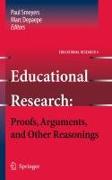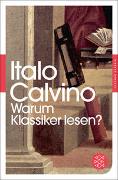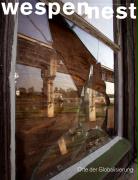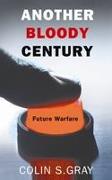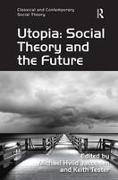Educational Research: Proofs, Arguments, and Other Reasonings
BücherAngebote / Angebote:
This book focuses on the language of educational research as well as on the language of education. It conceives both as social practices and investigates how rhetoric plays a part in the complex process of historically situated argumentation. The book aims to answer such questions as: ‘What is the nature of the arguments and the kinds of sources one relies on?’ and ‘What kind of reasoning is offered to convince practitioners?’ Taking postmodern criticism seriously, the contributors argue that the scholar or researcher cannot indulge in relativism or be satisfied with a description of particular cases. Instead, theoreticians as well as practitioners have to engage in sound thinking and dialogue. The chapters in this volume highlight relevant characteristics of the language of educational research. In addition, attention is paid to the language of particular debates which figure prominently in the wider educational context, such as the language of goals, of parenting, citizenship and capability.
‘This collection of thirteen essays focuses on the language of proofs, argument and rhetoric in educational research in a range of thematically related original pieces that explore the topic and its applications: forms of historical reasoning, the place of rhetoric, educational formalism, the knowledge economy, argumentation, and the role of evidence, amongst others. It explores both the philosophical and methodological meta-issues as well as the important of specific and particular educational languages. The resulting volume is genuinely enlightening and deserves to be read widely by both academic and students within the field of education and across the social sciences.’
Michael A. Peters, Educational Policy Studies, The University of Illinois, USA
‘The contributions to this timely collection of essays place the ‘language’ of education at the centre of a discussion about the practice of educational research and reminds us - both the established and the new researcher - of the need to reflect not only on what we do as researchers and the conceptual tools, methods and sources we use, but also on how we capture in words our actions and conclusions.’
Ian Grosvenor, University of Birmingham, UK
This publication, as well as the ones that are mentioned in the preliminary pages of this work, were realized by the Research Community (FWO-Vlaanderen / Research Foundation Flanders, Belgium) Philosophy and History of the Discipline of Education: Evaluation and Evolution of the Criteria for Educational Research.
Folgt in ca. 15 Arbeitstagen
